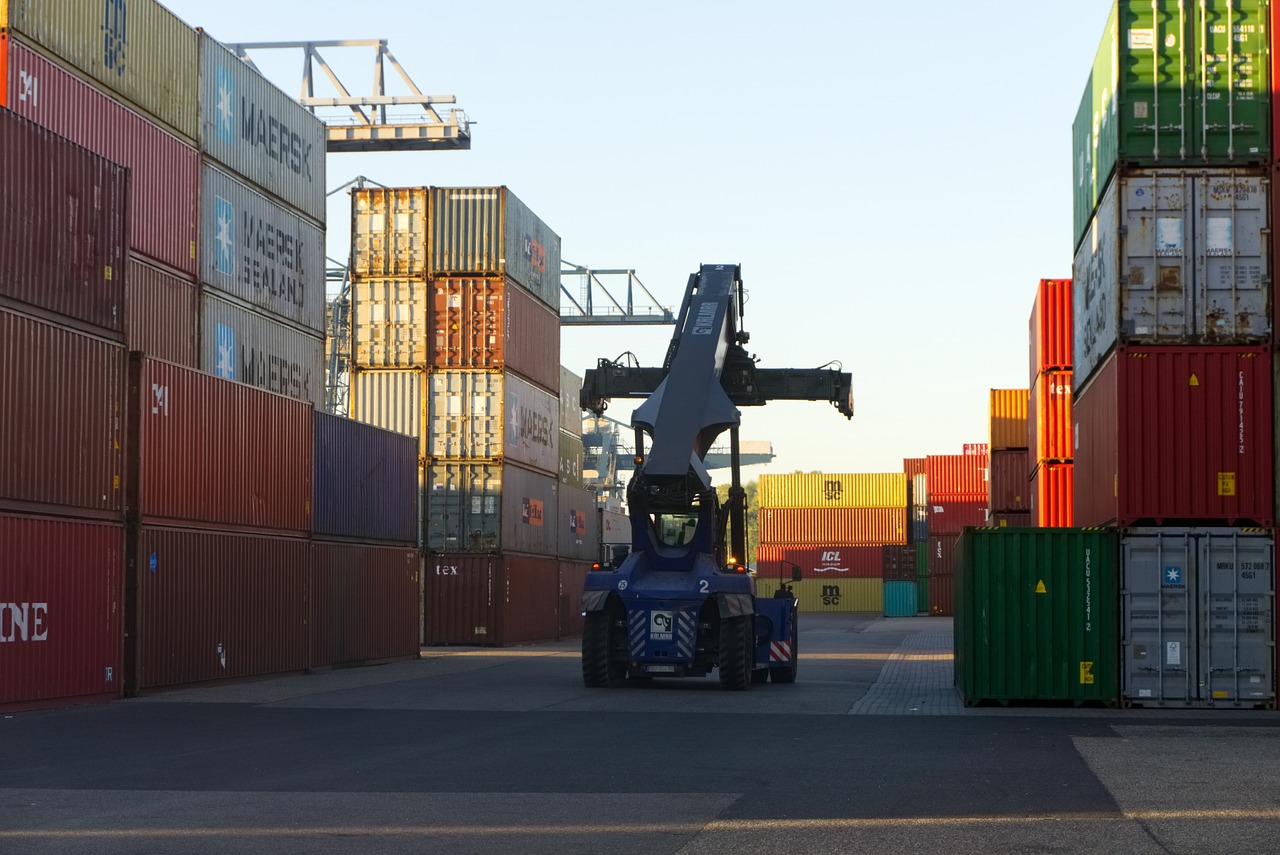
I. Thailand partsExport agentWhat are the core values of the service?
In 2025The RCEPUnder the background of comprehensive agreement implementation, Thailand parts export agency service providers mainly offer three core values:
- Policy compliance guaranteeHandling HS code classification, certificate of origin, ASEAN FORM D certificate applications
- Logistics solutionsCoordinating China-Thailand land/sea transport routes, handling Lazada cross-border e-commerce clearance
- Tax optimization servicesUtilizing Thailand BOI preferential policies to achieve import tariff reductions (2025 average tariff for mechanical parts drops to 3.8%)
II. How to verify the authenticity of Thailand agents qualifications?
It is recommended to select service providers through a triple certification system:
- Official qualification verification:
- Thailand Ministry of Commerce registration number (requires verification on DBD official website)
- Customs AEO-certified enterprise qualification (new digital certification mark added in 2025)
- Industry endorsement:
- Membership of the Federation of Thai Industries (FTI)
- Cross-border service recommended enterprise by CCPIT
III. What special regulatory requirements exist for parts exports to Thailand?
According to the latest revision in 2025Thai Industrial Product Standards Act (TISI)Special attention should be paid to:
- Mandatory certification product scope expanded to 32 categories of mechanical components
- Electronic accessories require EMC test reports (accepting ISO/IEC 17025 laboratory data)
- Rubber products must include Thailand FDA composition test certificates
IV. Are there hidden risks in agency service fees?
It is recommended to clearly specify four cost components in the contract:
- Basic service fee (typically 1-2% of goods value)
- Tariff deposit (can be replaced with credit insurance starting from 2025)
- Special documentation fee (TISI certification agency fee approximately $150/batch)
- Abnormal handling fee (port demurrage allocation ratio requires written agreement)
V. What important changes will Thailands tariff policies have in 2025?
According to Thailand Customs Announcement No. 189/2568, major adjustments include:
- Tariff preference for new energy vehicle parts extended to 2030 (reduced from 7% to 0%)
- Industrial robot components are subject to the "smart tariff" mechanism (progressive taxation based on import quantity).
- Addition ofE-commerce exclusive tax codes(Applicable to Lazada/Shopee platform orders)
VI. How to prevent cross-border payment risks?
Recommended combined payment solution:
- Initial payment: 30% via TT wire transfer (requires confirmation that agent account is with a local Thai bank)
- Final payment: 70% using LC letter of credit (recommended to choose top 5 Thai banks such as Bangkok Bank)
- Large transactions: Insure with Sinosure Thailand buyer credit insurance (2025 premium rate reduced to 0.8‰)
VII. How to effectively respond to customs clearance delays?
May request agents to provide three-tier emergency response:
- Submit pre-clearance application within 24 hours
- Implement alternative customs clearance solutions within 48 hours (such as transshipment to Laem Chabang port)
- Activate crisis handling fund within 72 hours (bearing port demurrage fees according to contractually agreed proportions)
Tags: The RCEP


 Follow Customer Service WeChat
Follow Customer Service WeChat